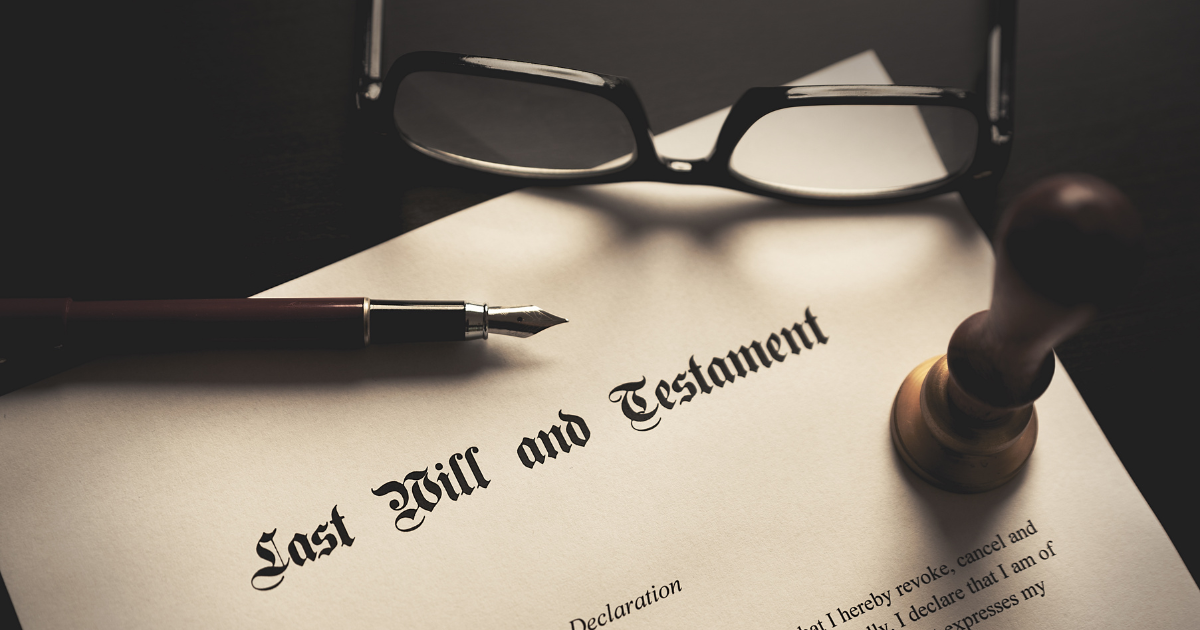The Importance of Testamentary Trusts in Succession Planning
Creating a “testamentary trust” in your will is crucial to succession planning, as it only takes effect after your death.
Having a solicitor draught your will and accurately summarises the rules of the testamentary trust you wish to establish is essential.
Testamentary trusts can be highly effective in estate planning and provide a powerful means to manage the transfer of your assets to your beneficiaries according to your wishes. Following are some of the benefits and points to note.
- Taxation: the beneficiaries (especially children and/or grandchildren) will be subject to cheaper tax rates. It is possible for each of your under-age children and/or grandchildren to earn $18,200 p.a. tax-free from investments by the trust.
- Family Law: a “testamentary trust” function as a discretionary trust. This means the trustee has discretion as to which beneficiary(s) should receive the trust’s income each year. The beneficiary(s) does not have any legal title to the assets of the trust, nor its income, and therefore those funds will not form part of the assets of their marriage under the Family Law Act. In the event of divorce, this protection can safeguard the trust’s assets from being divided between spouses, enhancing the overall effectiveness of your succession planning strategy.
- Bankruptcy: as the beneficiary(s) has no interest in the trust’s assets, the assets are protected from the beneficiary’s Trustee in Bankruptcy.
- Cost of set up and administration: a “testamentary trust” only exists upon your death. There are no stamp duty consequences or need to administer the trust during your lifetime. However, care needs to be taken in creating the “testamentary trust” and its rules so that your trustee (usually your executor) and your professional advisor (s) can administer the trust easily (to keep the costs to a minimum).
- Trustee: it is essential to carefully consider who will be the trustee(s). It is also possible to allow the resignation, retirement and appointment of trustees, as a trust may remain in existence for up to 80 years.
- Assets: it is also essential to carefully consider which assets should fall into the “testamentary trust”.
Don’t hesitate to contact us to discuss the tax aspects of the above. Please liaise with your solicitor to prepare a will that incorporates a testamentary trust.
*Correct as of July 2014
*Disclaimer – Kreston Stanley Williamson has produced this article to serve its clients and associates. The information contained in the article is of general comment only and is not intended to be advice on any particular matter. Before acting on any areas in this article, you must seek advice about your circumstances. Liability is limited by a scheme approved under professional standards legislation.














